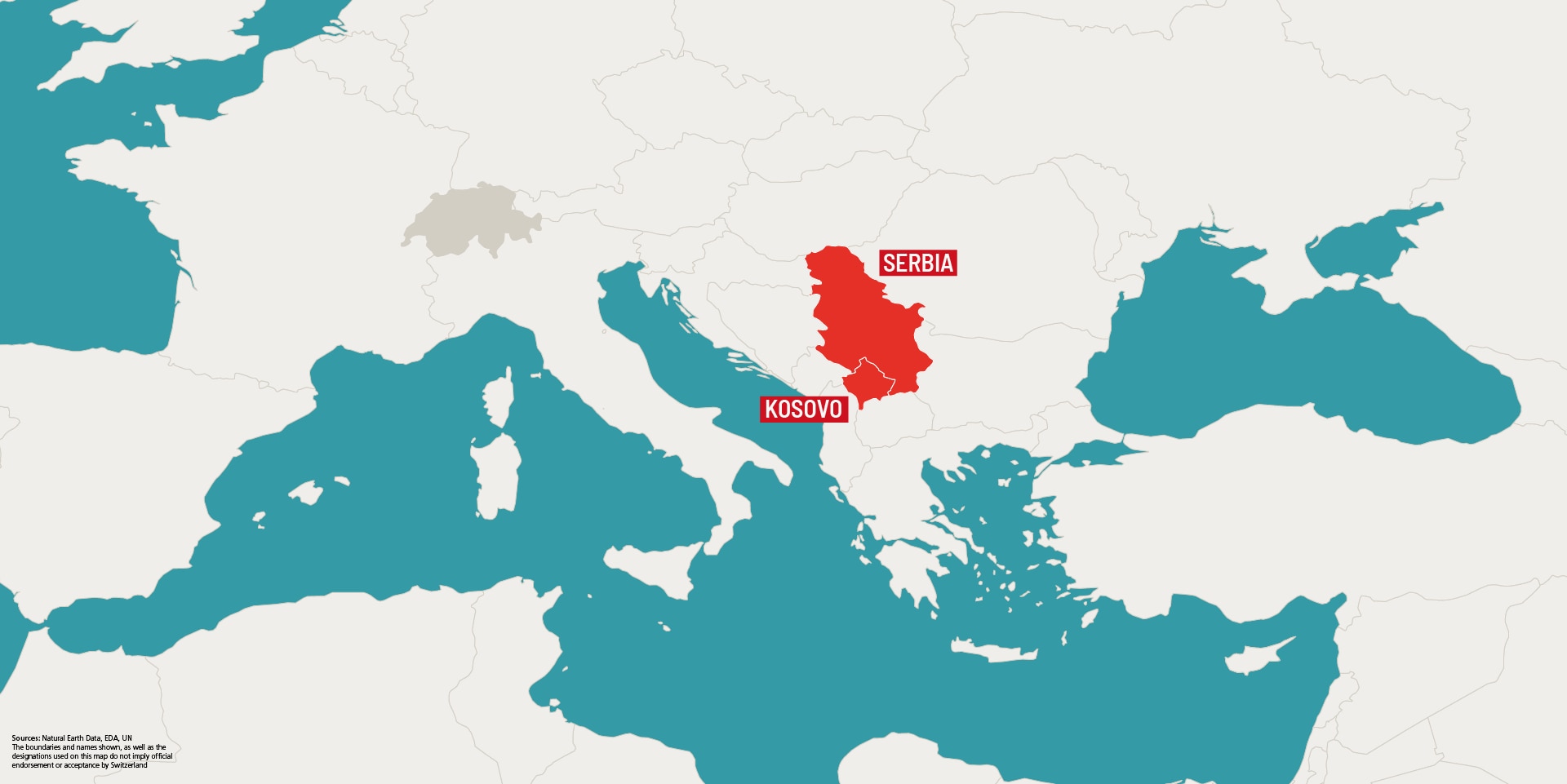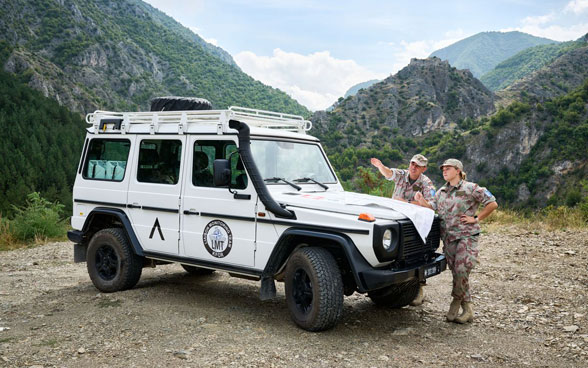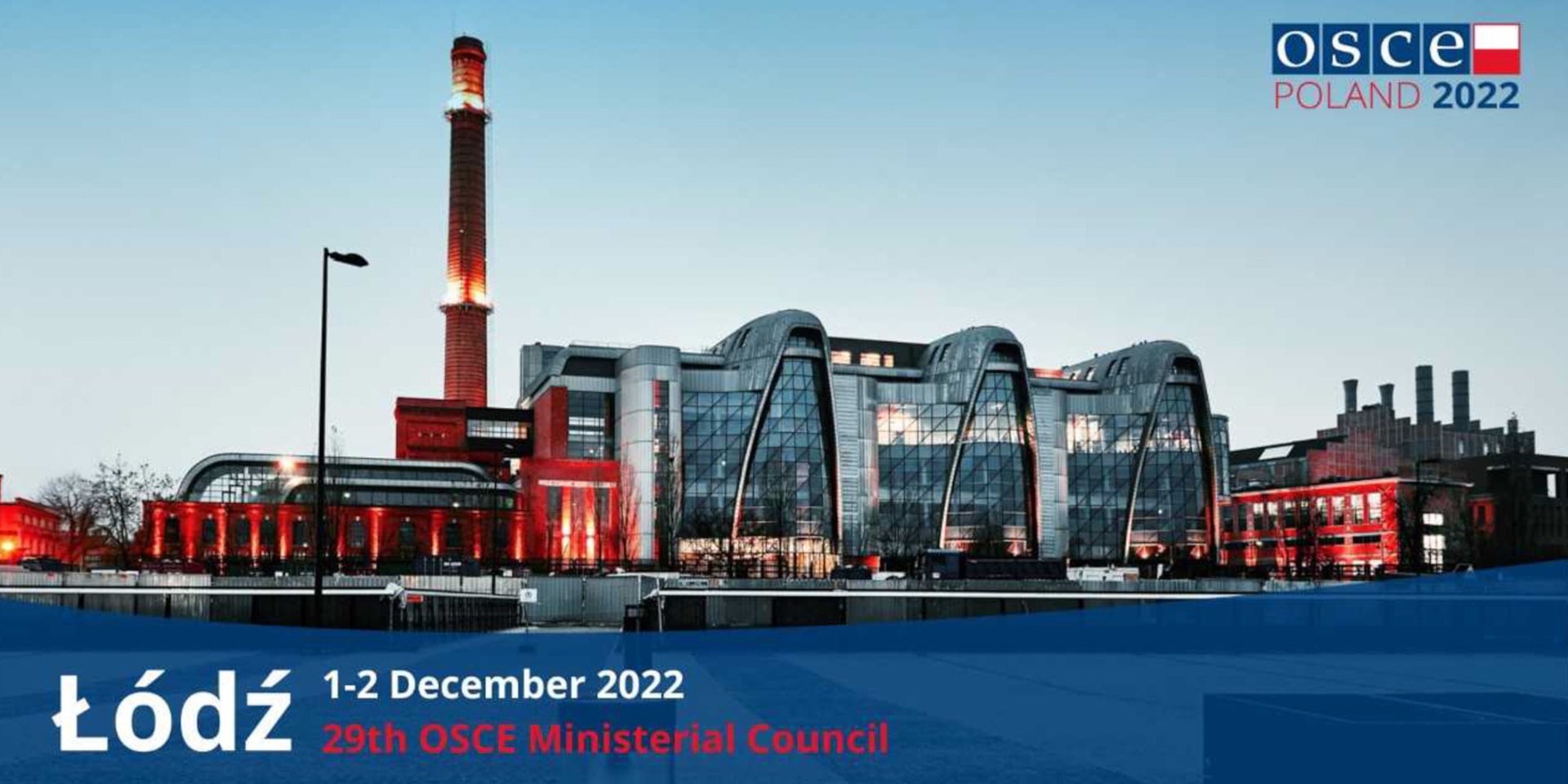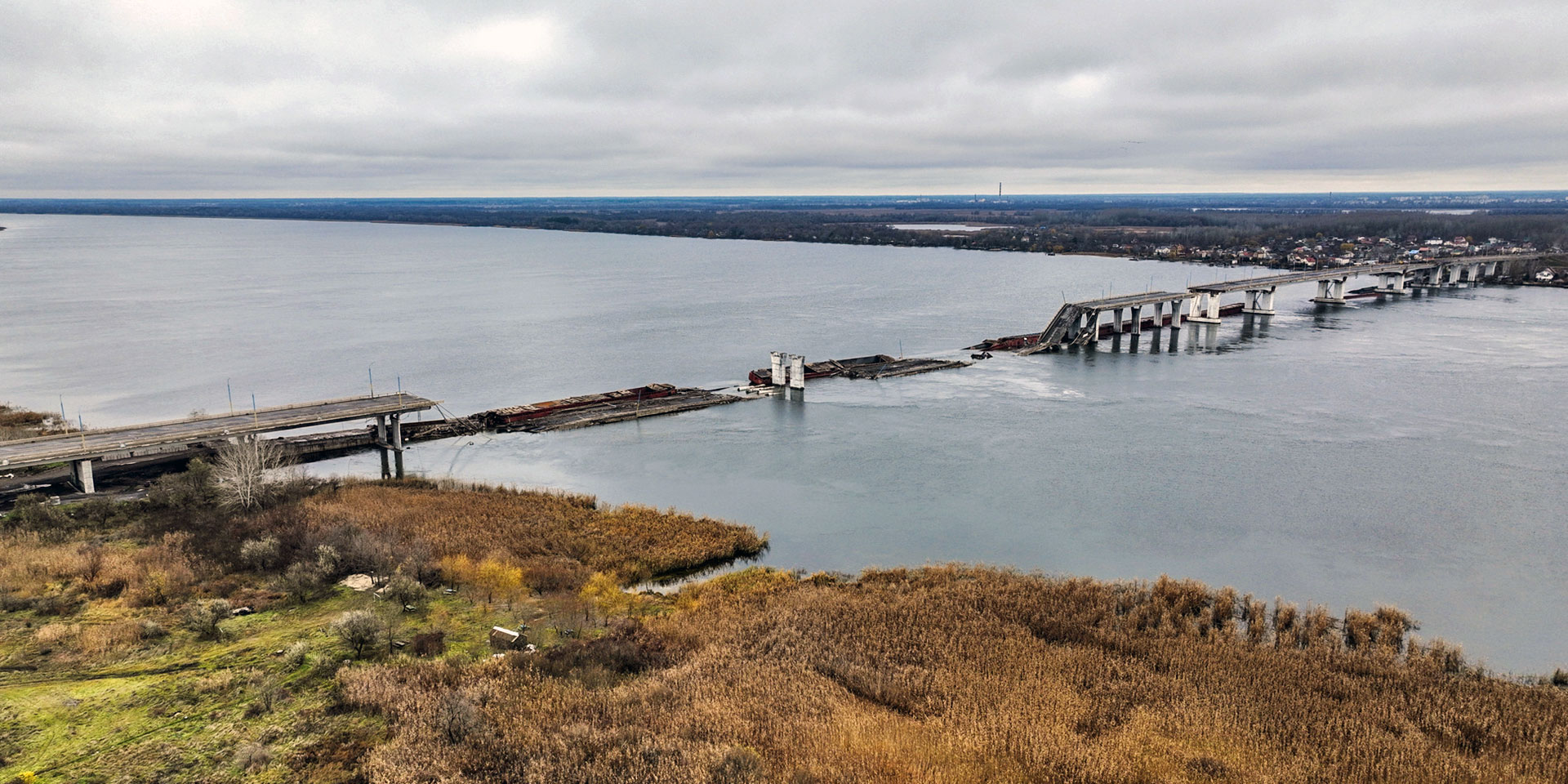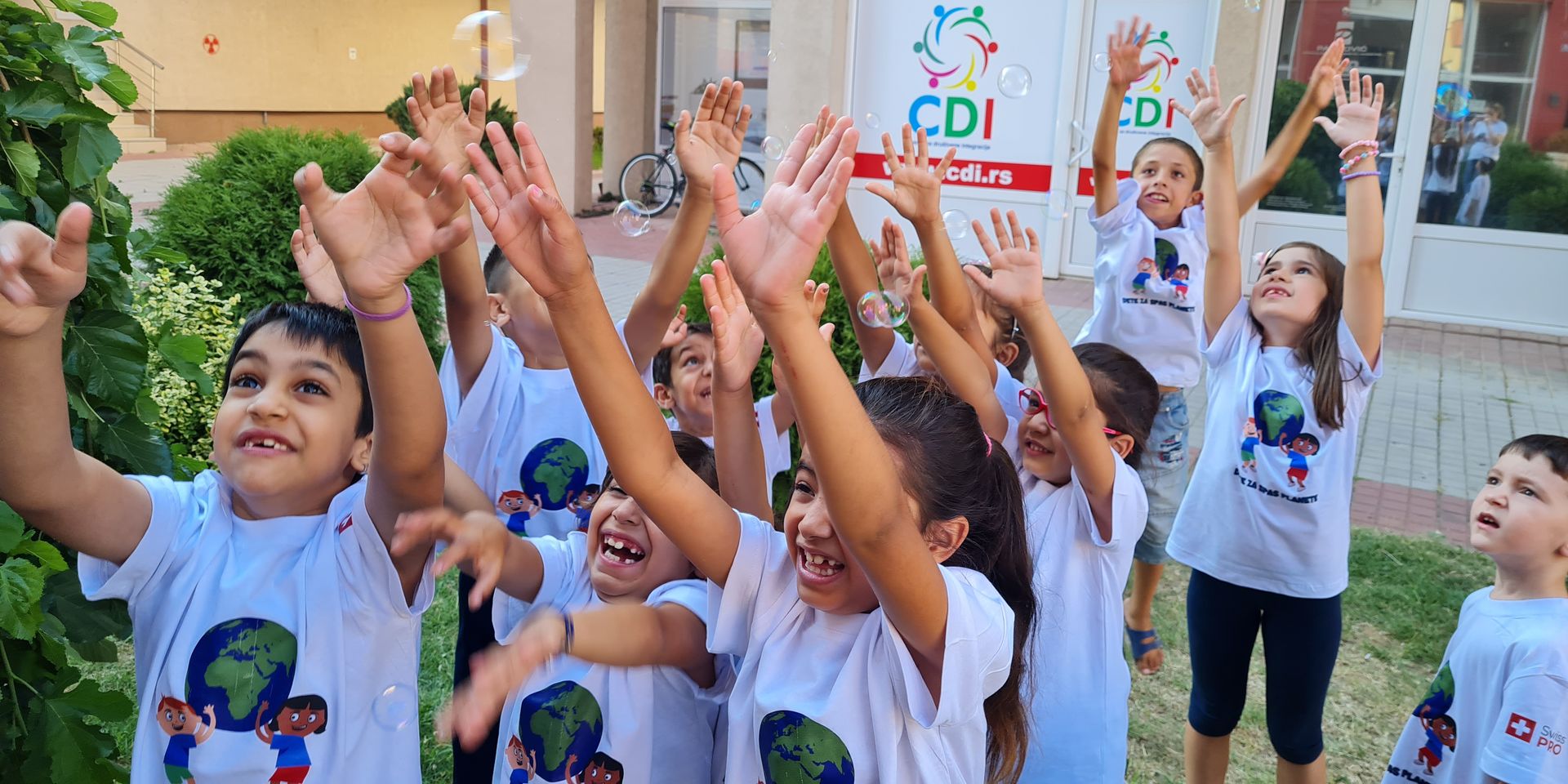Will Switzerland offer Serbia and Kosovo further mediation services beyond its current commitment?
For many years now, the FDFA has made a discrete but significant contribution through its peace policy and good offices in line with the priorities set under Switzerland's foreign policy. We will continue to do so in the future not only because it is in our interests but also because we offer added value as a credible and independent actor in the Western Balkans. The SDC and DDPS are also making a substantive and widely recognised contribution through their participation in KFOR. The EU is mediating the negotiations between Serbia and Kosovo. Switzerland supports these efforts. In addition, the Peace and Human Rights Division will continue to facilitate confidential talks between various Serbian and Kosovar groups. Its aim is to build trust and provide ideas, analyses and concrete proposals to advance the EU-mediated negotiations. The Peace and Human Rights Division has also seconded a negotiation specialist to the Kosovar delegation to the talks. If the parties requested additional support from Switzerland, we would of course consider it.

